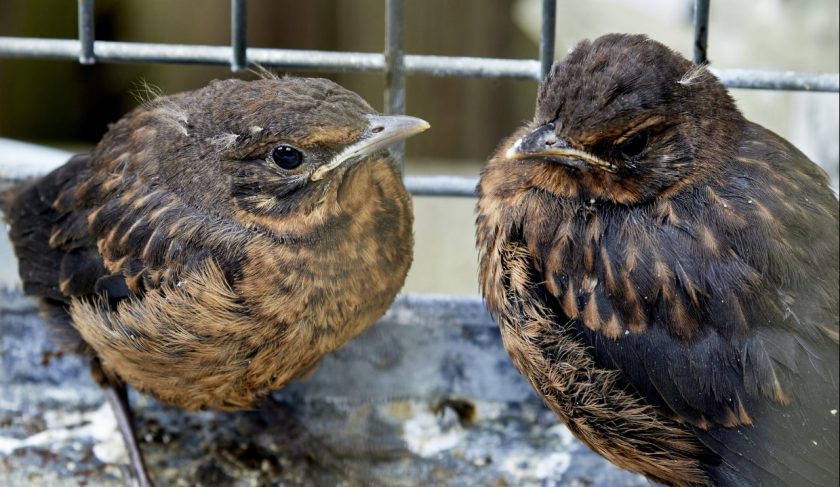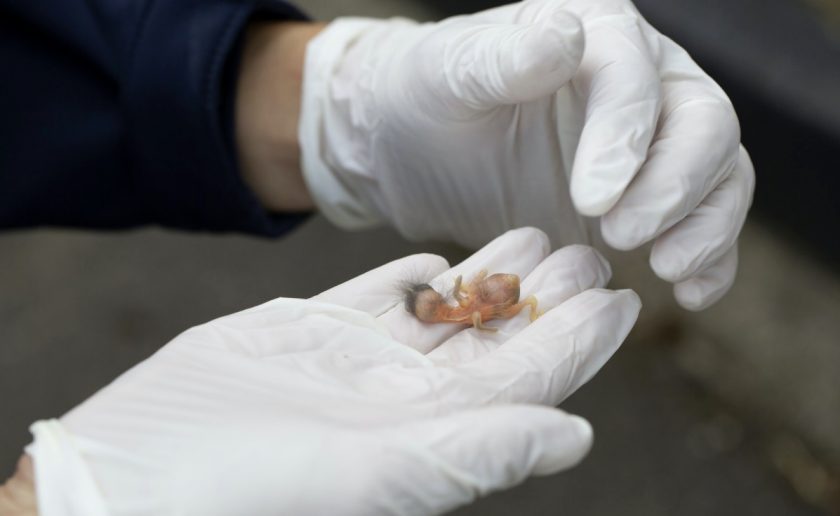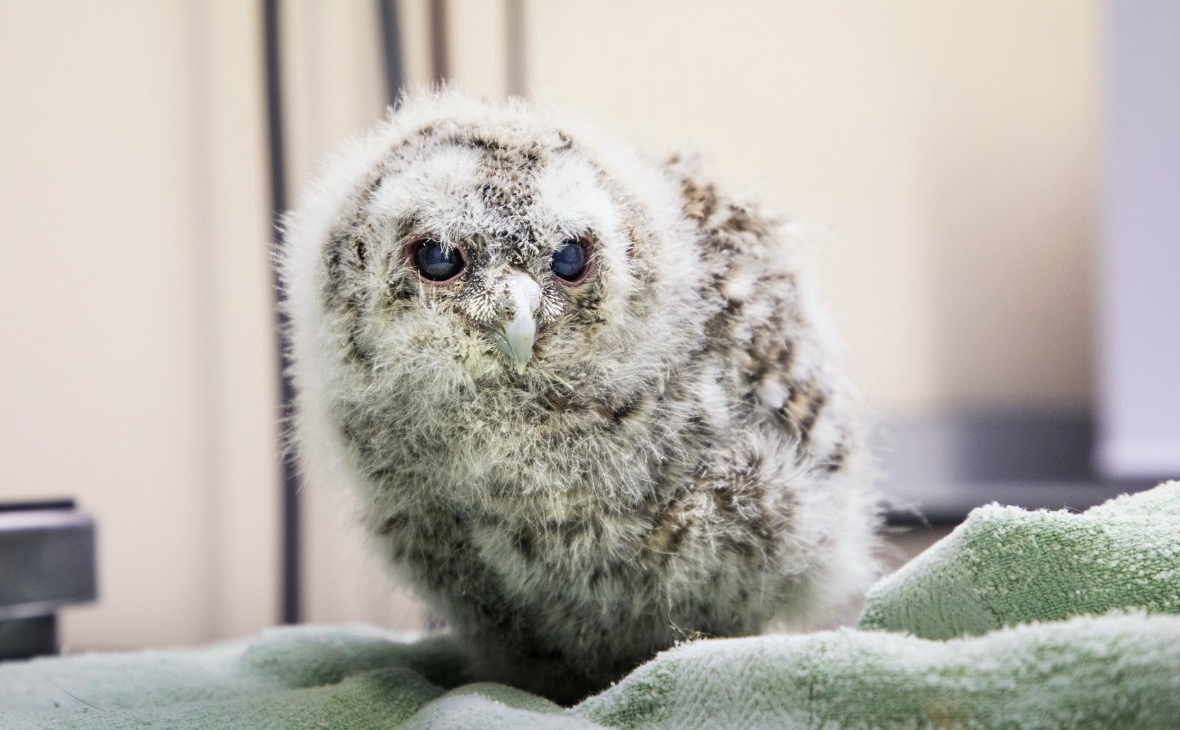Seen a baby bird outside its nest? Animal lovers can check RSPCA advice online instead of calling

As the RSPCA gears up for a hectic bird breeding season, it is urging people to check the expert online advice about baby birds on its website before calling the charity, so the line is kept free for emergency calls to get through as quickly as possible.
New figures reveal that the charity’s emergency line answered nearly 11,000 (10,827) calls across England and Wales about baby birds last year – an average of five calls an hour flooding in during peak times.
The total calls received about baby birds from people in Wales were 894, with the three highest counties being Cardiff, 142, Conwy 81 and Swansea 68, and Flintshire was 45 calls.
But many of these calls were unnecessary, as the charity’s online advice explains that many birds – especially fledglings – are not in danger and can be left alone and monitored from a distance.

RSPCA Scientific Officer Evie Button said: “It’s wonderful that people want to do the best for our wild birds, particularly if a baby bird has been found out of its nest.”
“But instead of calling us, we urge animal lovers to first check the expert advice on our website, which explains that in many cases – especially if it’s a fledgling – there’s no need to intervene. This will help keep our emergency line free so urgent calls can get through as quickly as possible.”
“Our wildlife centres are now on high alert as we approach the peak baby bird season. Last year they cared for well over 3,000 ‘orphaned’ birds, picked up by well-meaning people.
“But many of these birds were not actually orphans and may have been better off left in the wild.
“It is really important to ensure it is only those young birds that really need help that are brought in.”
“In most cases, the best thing you can do for them is to help them stay in the wild using methods like re-nesting.”

“If in doubt, our downloadable guides – one for fledglings and one for nestlings – are full of advice and can help to identify whether the young bird is a fledgling – which unless sick or injured, is likely to survive outside the nest without human intervention – or a younger, more vulnerable nestling, which will probably need extra help.”
How you can help fledglings
-
They have all or most of their feathers
-
It’s normal to see them on the ground as they leave the nest just before they can fly
-
Leave the fledgling alone and monitor it for at least two hours, as the parents are usually nearby and feeding the bird
-
If they’re in immediate danger, place them in a sheltered spot a short distance away.
-
Even if you have already confined a healthy fledgling, you may still be able to return them to their parents.
-
Keep your pets away from them
How you can help nestlings
-
They have no feathers, or only a few.
-
They won’t survive long outside the protection of the nest
-
Where possible nestlings should be re-nested and left in the wild so their parents can keep caring for them.
-
If you can’t see a nest in the surrounding trees, or it’s fallen down or been damaged, then you can make a replacement nest to put the nestling back into. This could be as simple as a basket or plant pot with some nesting material inside, securely attached to the nearest tree.
Where baby garden birds are found outside a nest and need to be handled following RSPCA guidance, the handler should always wear gloves and wash their hands thoroughly immediately afterwards to reduce the risks of disease transmission.
If you find a sick or injured young bird, the quickest way to get help is to take them to a local wildlife rescue centre or vet – but call first to make sure they can treat the bird.
Last year, the majority of reports from concerned members of the public came in during the peak months of June and July.
Around one third of all the calls (3,792) last year related to sick and injured birds and another 3,297 were about orphaned birds.
They ranged from birds of prey including owls – 170 calls received last year – to garden favourites such as blackbirds 369, sparrows 384 and tits 117.
Gulls generated the most calls of all 2151, closely followed by pigeons 1544.
The RSPCA also has specific information on their website for some species which may need different types of help, such as gull chicks, bird of prey chicks and ducklings, goslings and cygnets.
The animal welfare charity expects to receive more than 3,600 calls per day during its busiest time over the summer – and so needs to prioritise those animals in need of urgent care and attention.
To help the RSPCA continue rescuing, rehabilitating and rehoming animals in desperate need of care please visit our website or call our donation line on 0300 123 8181.
Spotted something? Got a story? Email: [email protected]
Latest News
